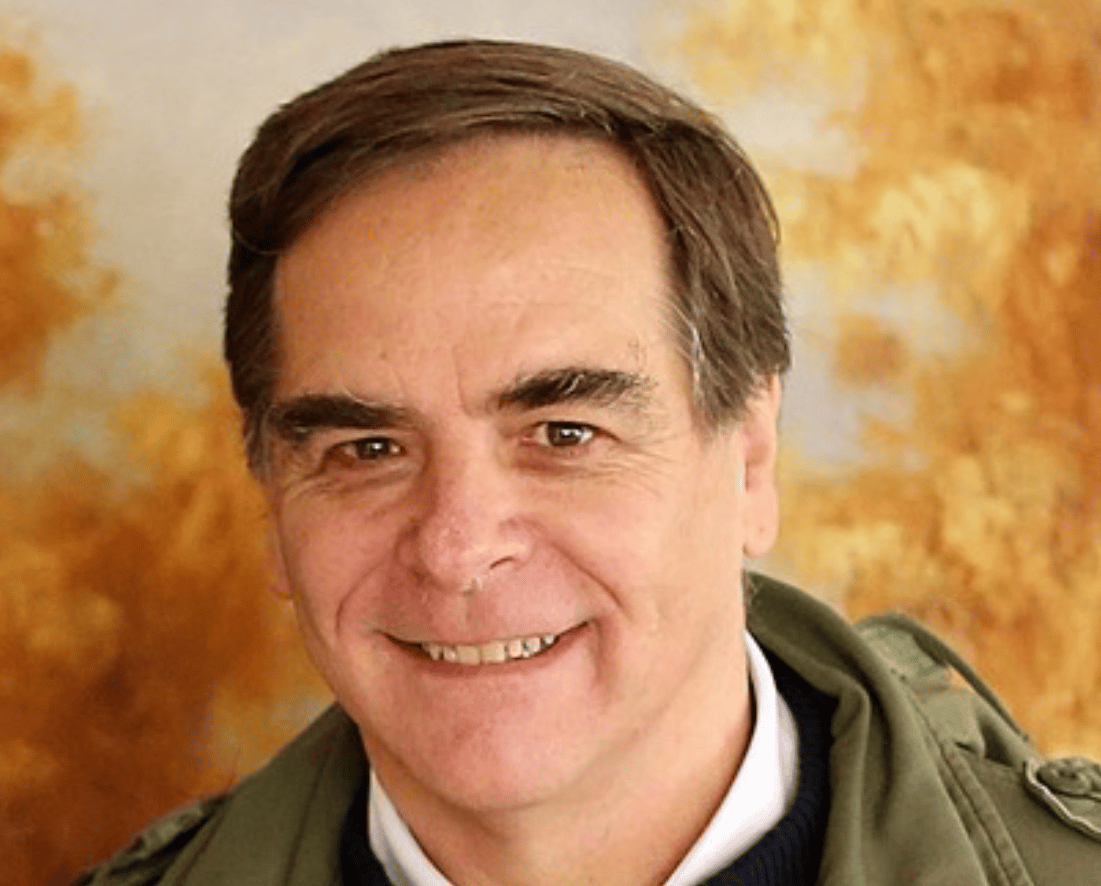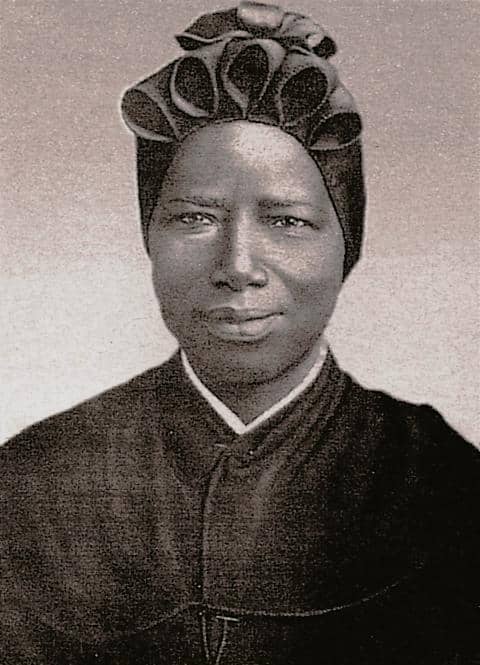LAURIUM, Michigan — For both foster parents and foster children, there are memories, family memories. And there are no “fosters,” just family. While Antonia Burich, a biological daughter of foster parents June “Ducky” Burich and her husband, Tony, grew up in a house with over 300 children, they were, and remain, just siblings.
Antonia recalled the time Ducky and Tony received a physically impaired, 4-year-old girl, a girl with cerebral palsy. No institution would take her, even her own family did not want her, Antonia told The Daily Mining Gazette, so the county brought her to the Buriches.
“She is one of them that is still considered my sister,” Antonia said, “and she is just as much blood as anybody else.”
Ducky added that the girl continued to live at their home until she graduated from high school. She entered college. Subsequently, the girl’s mother died and she inherited her home, where she continues to live, independently, at the age of 55.
Holly Bianco is another girl, now an adult and a mother, who has fond memories of her years with the Buriches. Bianco said she felt just like a biological member of the family, including the discipline, which was given, when necessary, but was never physical.
“There was a time that Antonia and I forgot to put away paper bags,” Bianco said. “She asked us to fold them up and put them away. Well, we were doing our homework and we forgot. So, the next morning, when she got us up, she said: ‘After school, I want you both to know that you’re going to be writing a hundred times: I will not forget to put the paper bags away.’”
Bianco said the years she was part of the foster family were good years.
Bianco said she was among the last of the children in the Burich home. Ducky wanted to retire, but Bianco’s father knew Ducky, and asked as a special favor. Bianco’s mother was experiencing her own difficulties, her father was employed at the White Pine mine, and was gone much of the time.
“She’s the one who introduced me to the Catholic Church,” Bianco said of Ducky. “She brought me to church all the time; rosaries — I was Lutheran, but my parents didn’t really take me to church.”
While their faith was strong, she said, they did not practice. When Bianco turned 21, she said, she converted to Catholicism.
“You were a big influence on me (becoming) Catholic,” Bianco told Ducky, “because I grew up knowing the Catholic religion.”
“You always knew,” she said to Ducky. “She was strict, because she had to be strict. But you were always loved. I always knew that.”
While she had kids of her own, Bianco continued, “you were always included. You would never know if she loved one kid over another, because she treated us all the same.”
Bianco and Ducky then told a story to give an example of Bianco’s home life, which for the sake of privacy, will not be published. But the story led Antonia to conclude with the statement: “It was not all peaches and cream, that’s for sure.”
In spite of all it, said Bianco, Ducky treated her mother with respect.
“Even though she was sick,” she said of her mother, “she still gave my mom love.”
And yet, while Bianco has some home life memories she would rather not recall, her years with the Burich family provided her with happy family memories, she would not otherwise have today.
“I want to thank you,” she said to Ducky. “Because if it wasn’t for you, I wouldn’t be here.”
Crux is dedicated to smart, wired and independent reporting on the Vatican and worldwide Catholic Church. That kind of reporting doesn’t come cheap, and we need your support. You can help Crux by giving a small amount monthly, or with a onetime gift. Please remember, Crux is a for-profit organization, so contributions are not tax-deductible.














